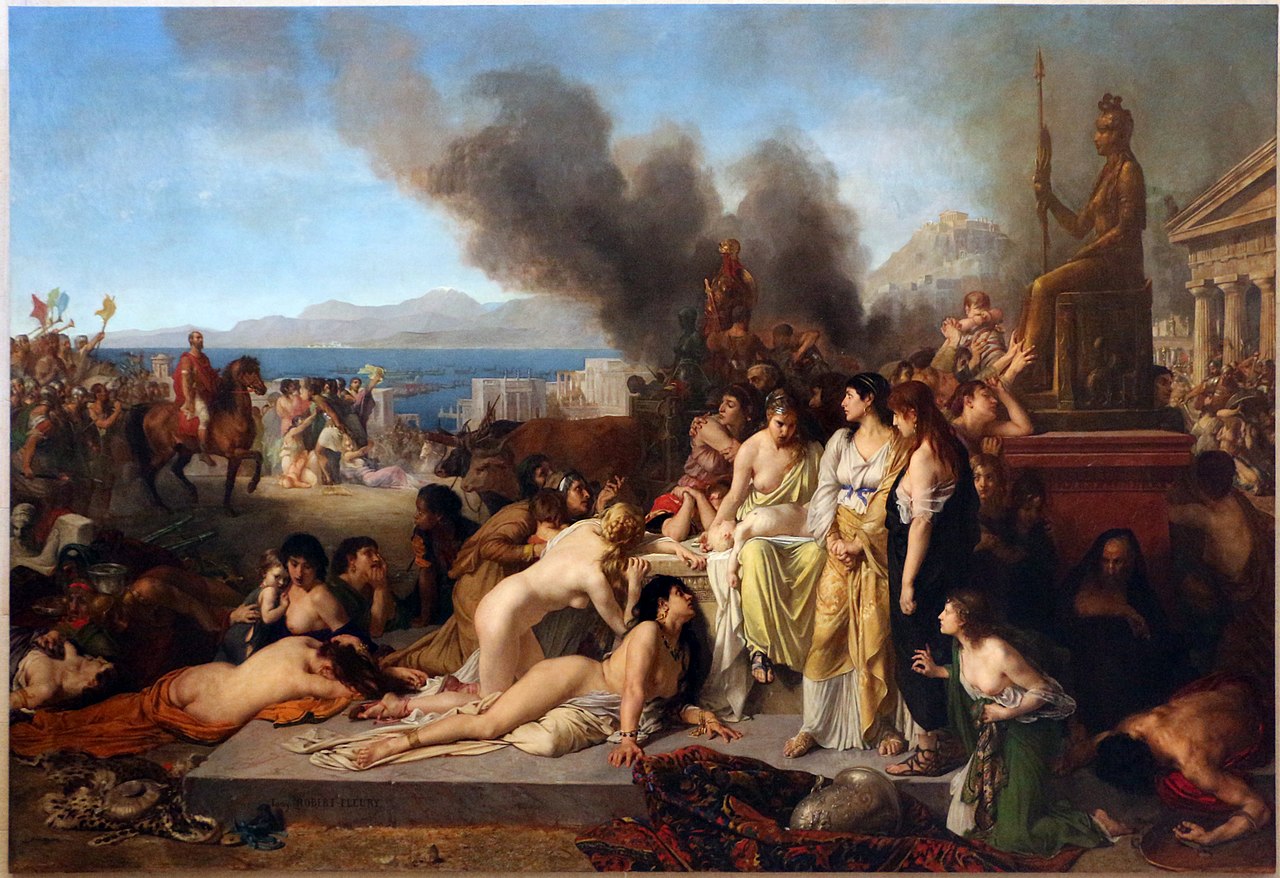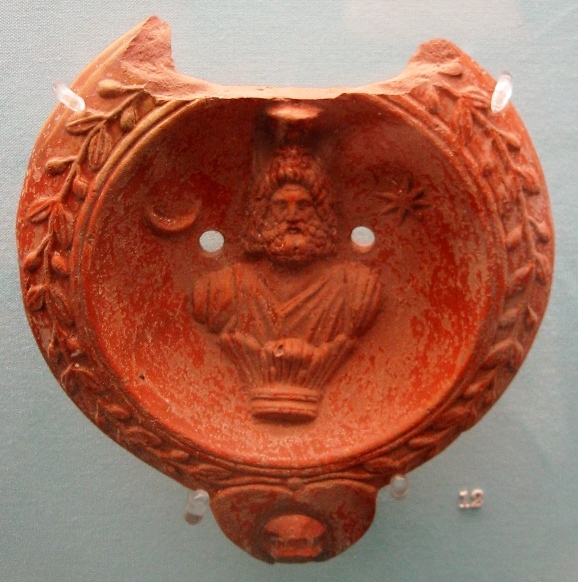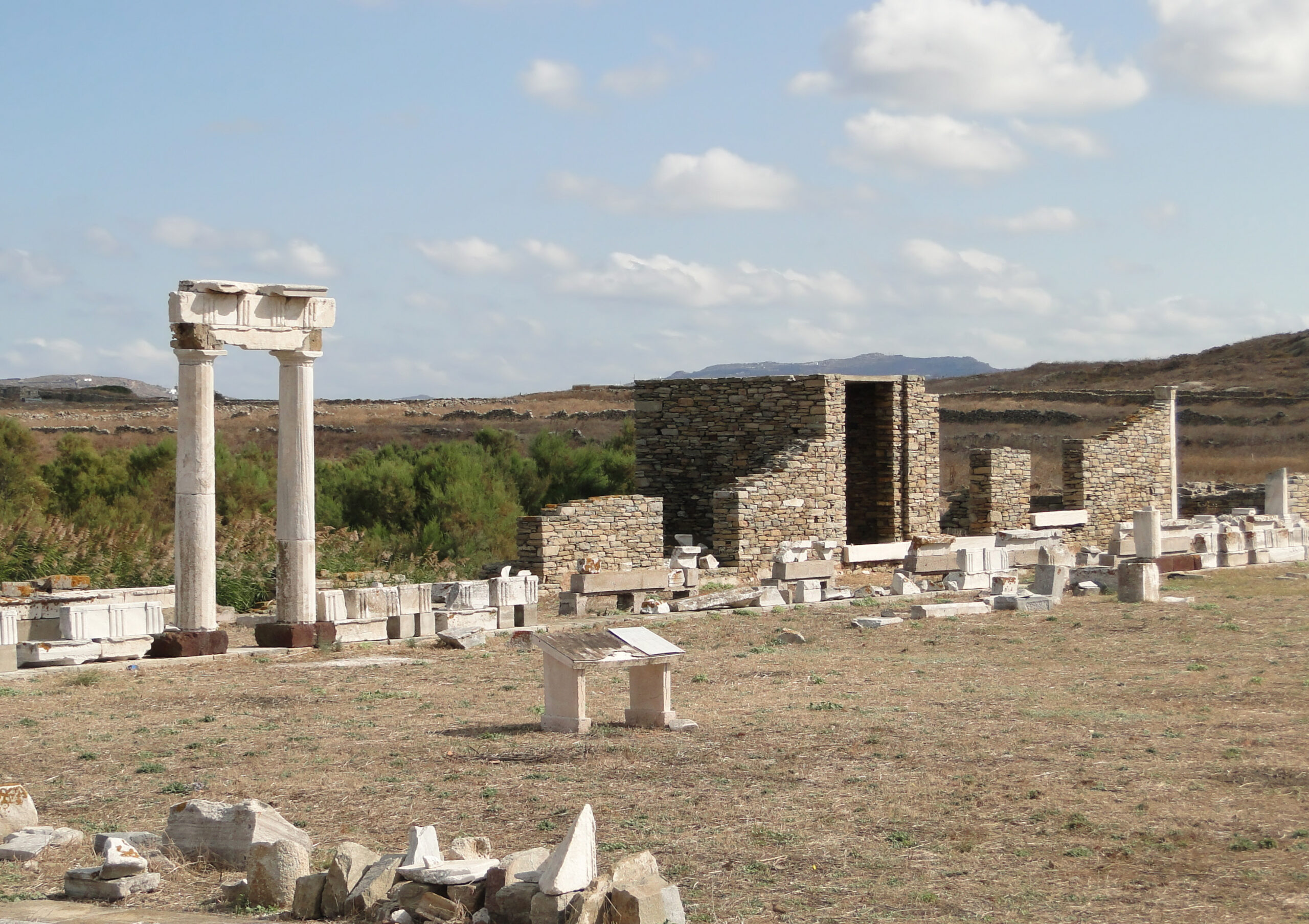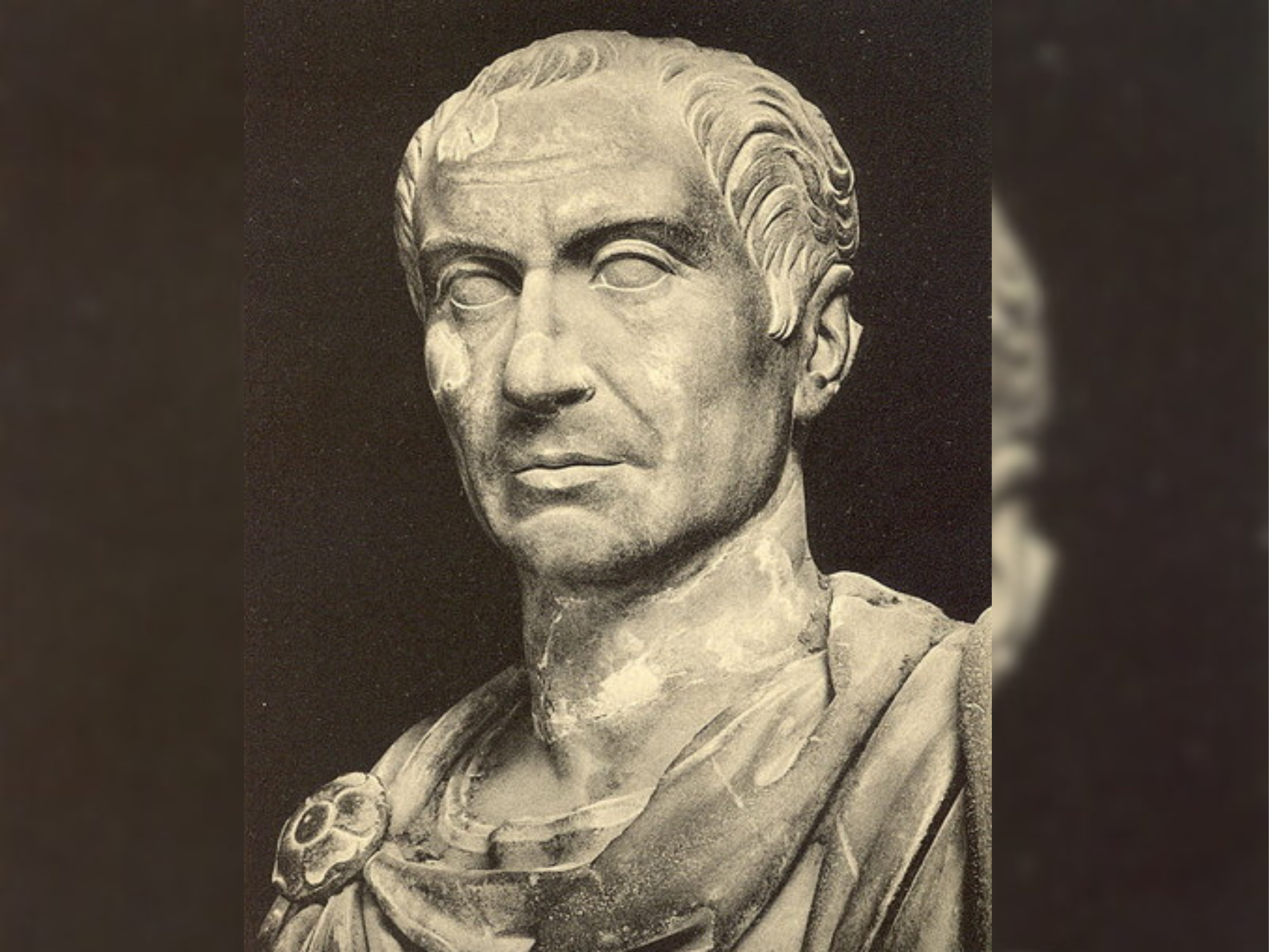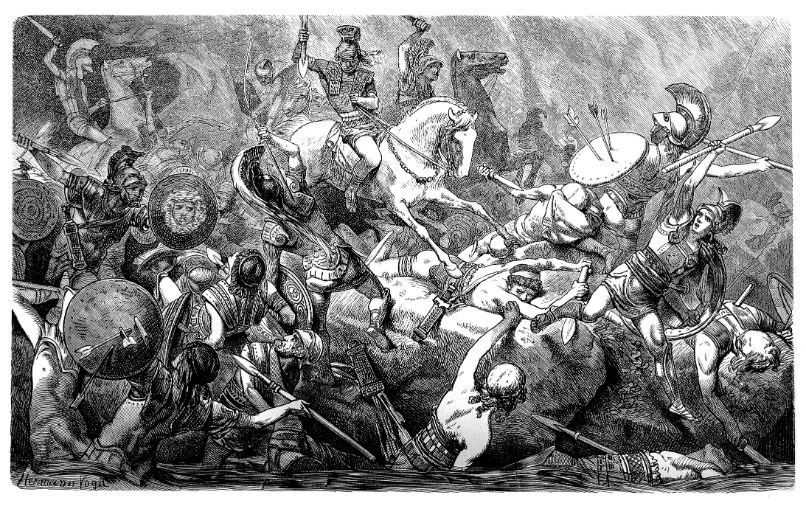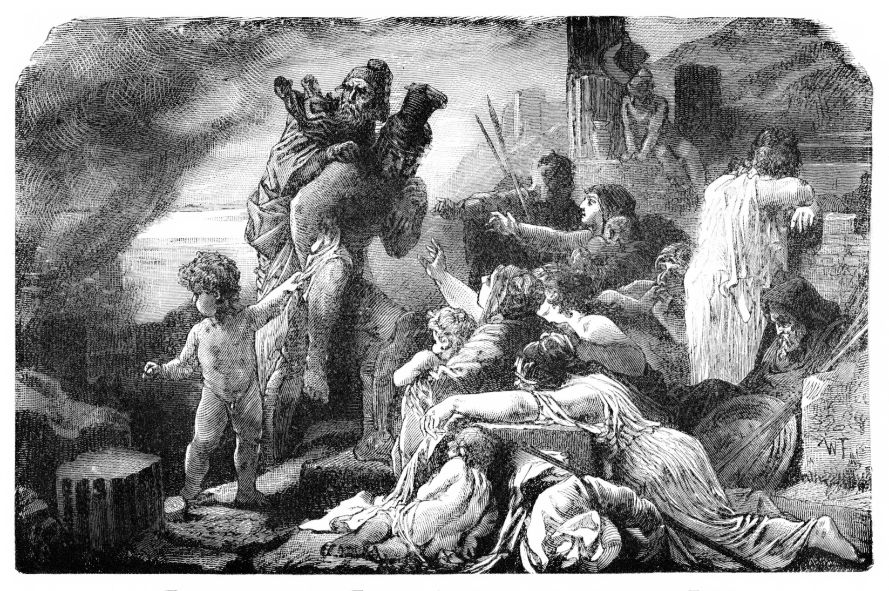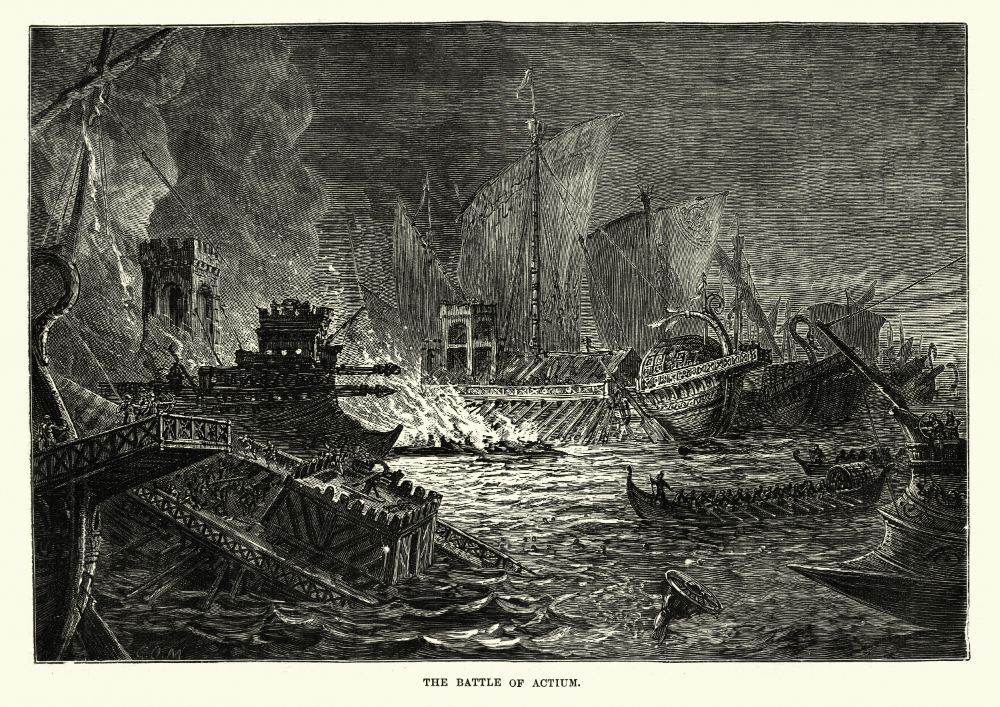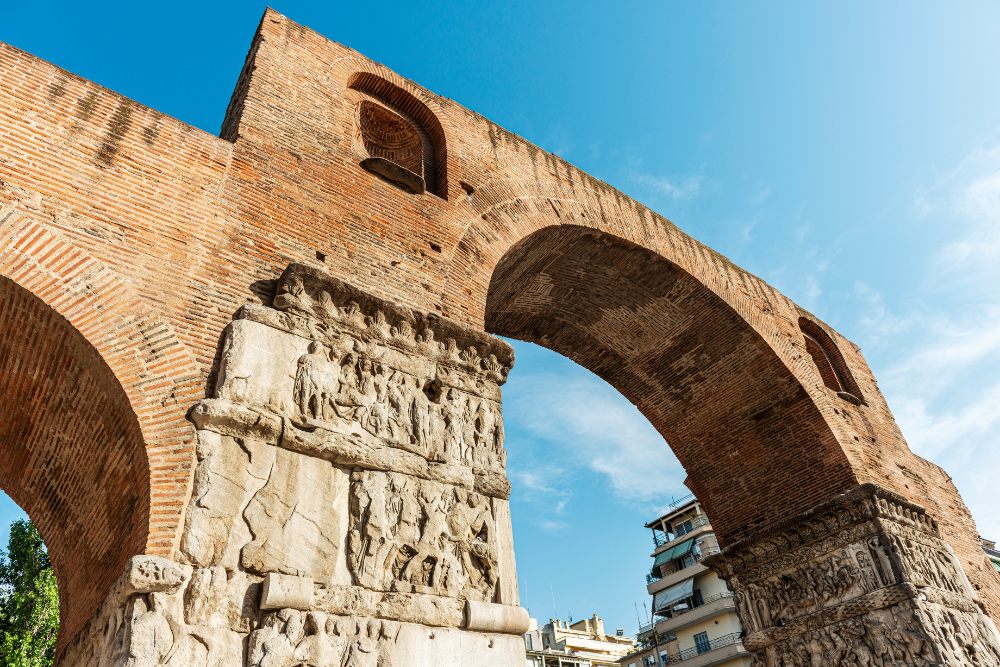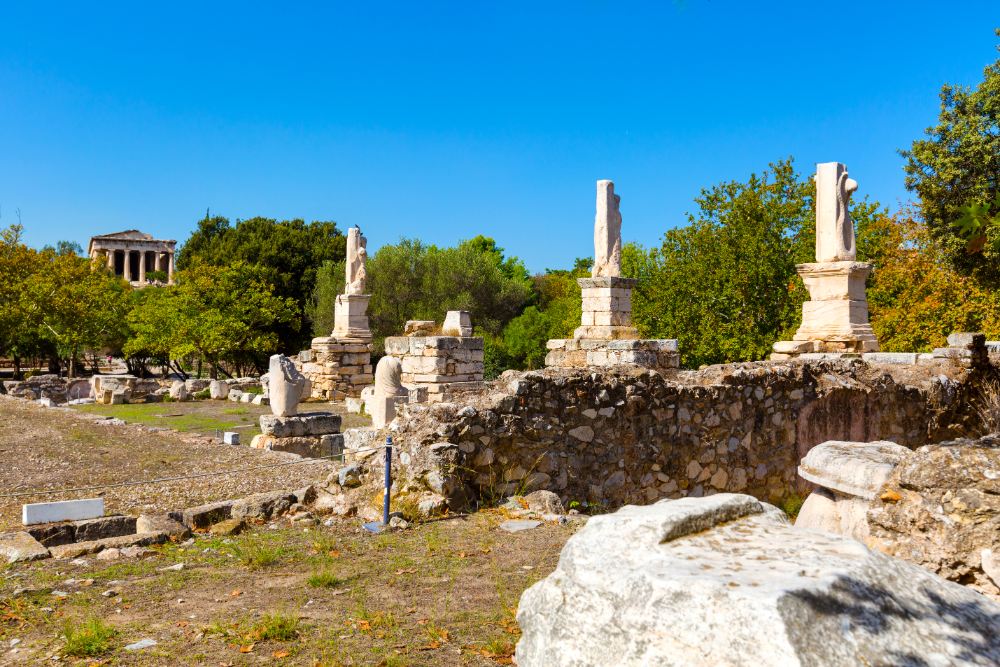Rome’s final blow to Greek independence
In 146 BC, the ancient city of Corinth became the stage for a dramatic turning point in Greek history. Tensions between Rome and the Achaean League had escalated into open war, and after the Greek defeat at the Battle of Leukopetra in Boeotia, Roman forces marched south toward Corinth. Led by Lucius Mummius, the Romans faced little resistance. The Achaean forces were ill-prepared, and the battle that followed was short but brutal.
Following the victory, Mummius ordered the complete destruction of the city. Corinth, once a prosperous center of trade, art, and culture, was sacked and burned. Its men were killed, women and children enslaved, and its vast wealth—sculptures, paintings, and treasures—was shipped back to Rome. Ancient writers described the city’s fall as a shocking act of brutality, unmatched even by Roman standards.
The destruction of Corinth marked the definitive end of Greek political independence. The Achaean League was dissolved, and mainland Greece was absorbed into the Roman Republic as the province of Achaea. Although Greece lost its autonomy, its cultural influence only deepened. Greek art, education, and philosophy found new life in Roman society, shaping the values of an emerging imperial world.
This moment signaled more than conquest—it was the beginning of the Greco-Roman world. From the ashes of Corinth rose a new cultural synthesis that would define the Mediterranean for centuries.
Tony Robert-Fleury, “L’ultimo giorno di Corinto” (before 1870). Source: Wikimedia Commons

